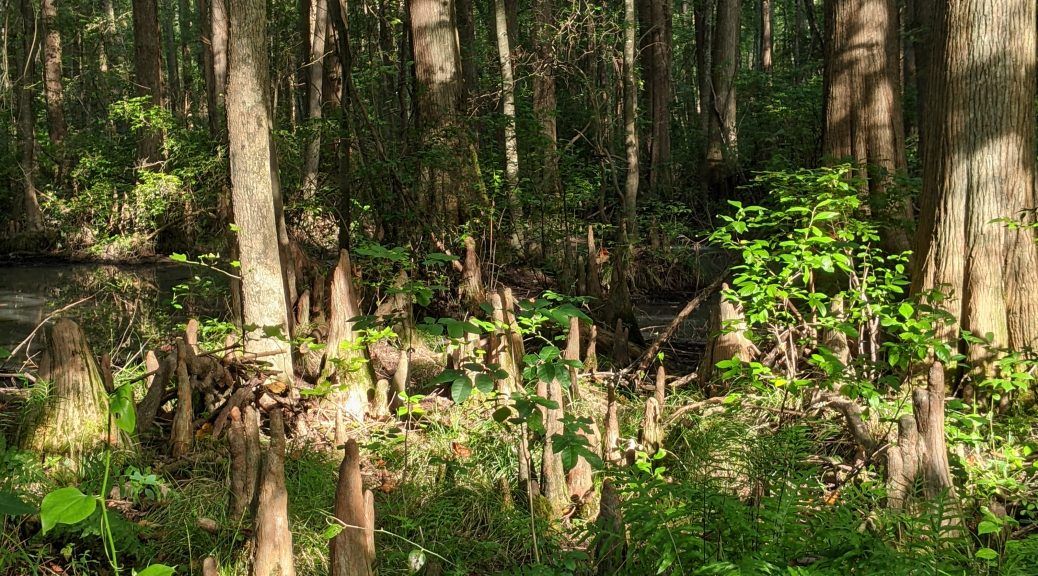Volunteer Wetlands Monitoring Program
Program Overview
Carolina Wetlands Association is partnering with North Carolina State University and RTI International through an EPA-funded grant to employ a new strategy for wetland monitoring in North Carolina through the Volunteer Wetlands Monitoring Program (VWMP). This volunteer-based monitoring program leverages the outcomes of 15 years of wetland monitoring experience to establish the procedures and methods for a sustainable, citizen-based program.
Outcomes of this project will lead to an increase in wetland quality and quantity as more easily accessible and standardized wetland data can be used to improve reference-based success criteria for future wetland mitigation in North Carolina. Mitigation techniques can be altered if it appears that wetland structure or characteristics are not being met based on reference data comparison, ultimately resulting in higher quality and more functional wetlands.
The volunteer wetland monitoring protocols, safety procedures and training materials are based on previous monitoring work but will be tailored to the varying abilities of the volunteers. A web-based data portal will be developed for uploading, storing, and sharing monitoring results and to provide a central location for volunteers to access the data and to use visualization tools to display their data.
What Volunteers Will Do
Collect
Wetland information such as water level, water quality, soil description, and plant & wildlife presence using Wildnote and iNaturalist.
Learn
How a wetland’s condition relates to ecosystem integrity, functions, & services, and how stressors can negatively impact wetlands
Contribute
Findings to a data portal which can be used by wetland partners to improve statewide wetland resource management & restoration, assist in environmental decision making, support temporal trend analysis, and detect climate change effects.
What is CITIZEN SCIENCE?
“Citizen science uses the collective strength of communities and the public to identify research questions, collect and analyze data, interpret results, make new discoveries, and develop technologies and applications – all to understand and solve environmental problems.” – EPA.gov
In this case, Citizen Science engages the public with hands-on experiences that can lead to greater understanding and outreach about the importance of wetlands and their protection. A citizen science program such as this can boost public awareness of wetlands and the ecosystem services they provide resulting in increased participation in watershed stewardship, in particular, wetland protection.
Volunteer Wetlands Monitoring Sites
Where are the program wetland sites and why were they chosen?
The VWMP is being piloted at three wetlands recognized as Wetland Treasures of the Carolinas. These locations were chosen for this project because they are relatively undisturbed, protected wetland sites, are easily accessible and are familiar to citizens who use them for recreation and educational purposes. The three sites are located near Raleigh and Durham, NC.
Hemlock Bluffs Nature Preserve
- Wetland Type: Floodplain Pools, Bottomland Hardwood Forest
- Managed by: State of NC and Town of Cary
Mason Farm Biological Reserve
- Wetland Types: Non-Tidal Freshwater Marsh, Riverine Swamp Forest, Headwater Forest
- Managed by: North Carolina Botanical Garden
Robertson Millpond Preserve
- Wetland Type: Riverine Swamp Forest
- Managed by: Wake County Parks and Recreation Department
What Data Will Be Collected?
Data collected and analyzed from these wetland sites will include:
- Hydrology – water level and water volume
- Water chemistry
- Soil type, color, and organic matter content
- Vegetation type, cover, and invasive species
- Wildlife – with emphasis on amphibians
Lead Investigators
Contact Us For More Information


